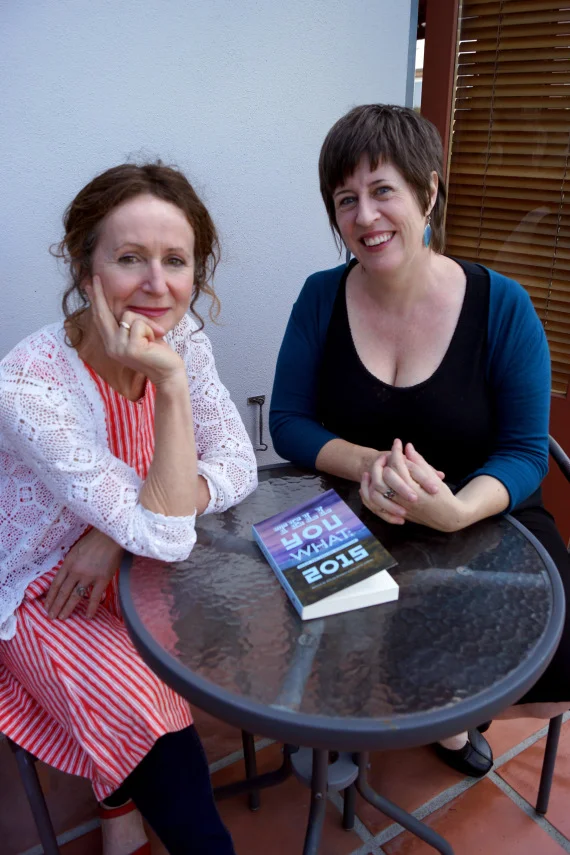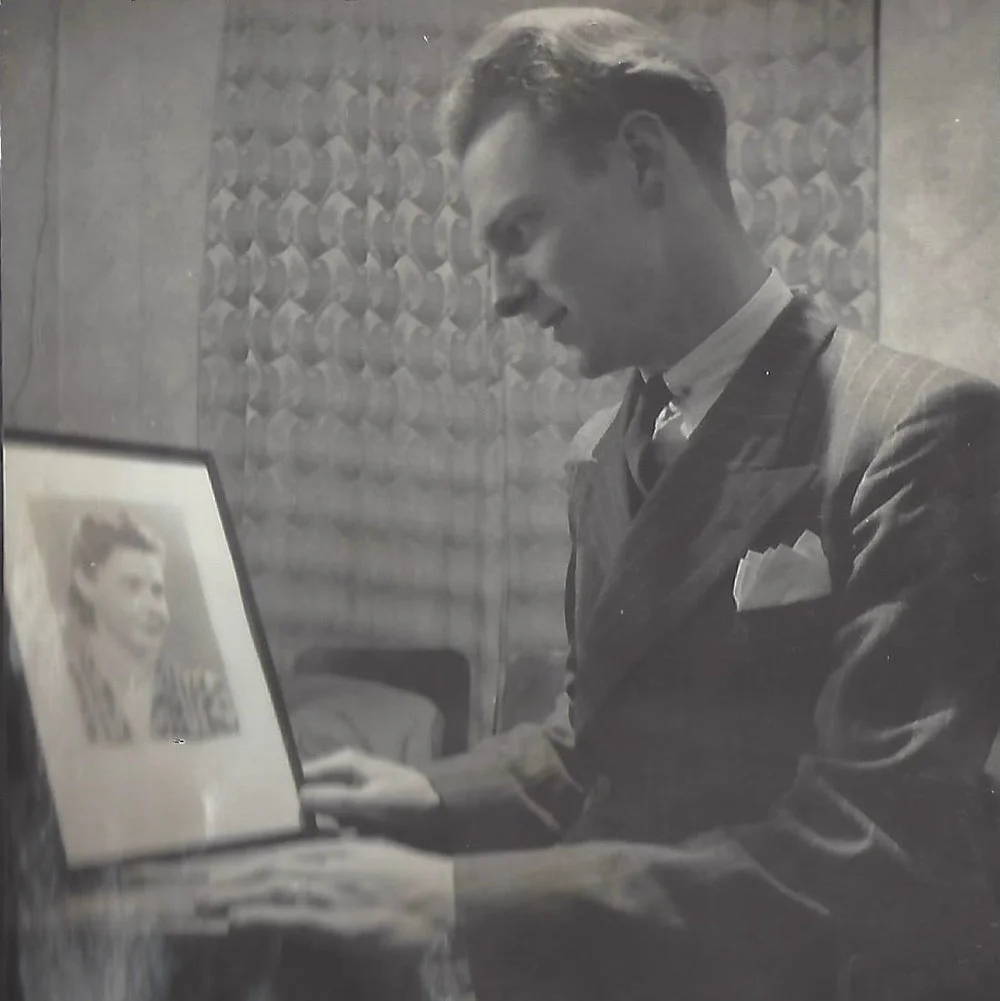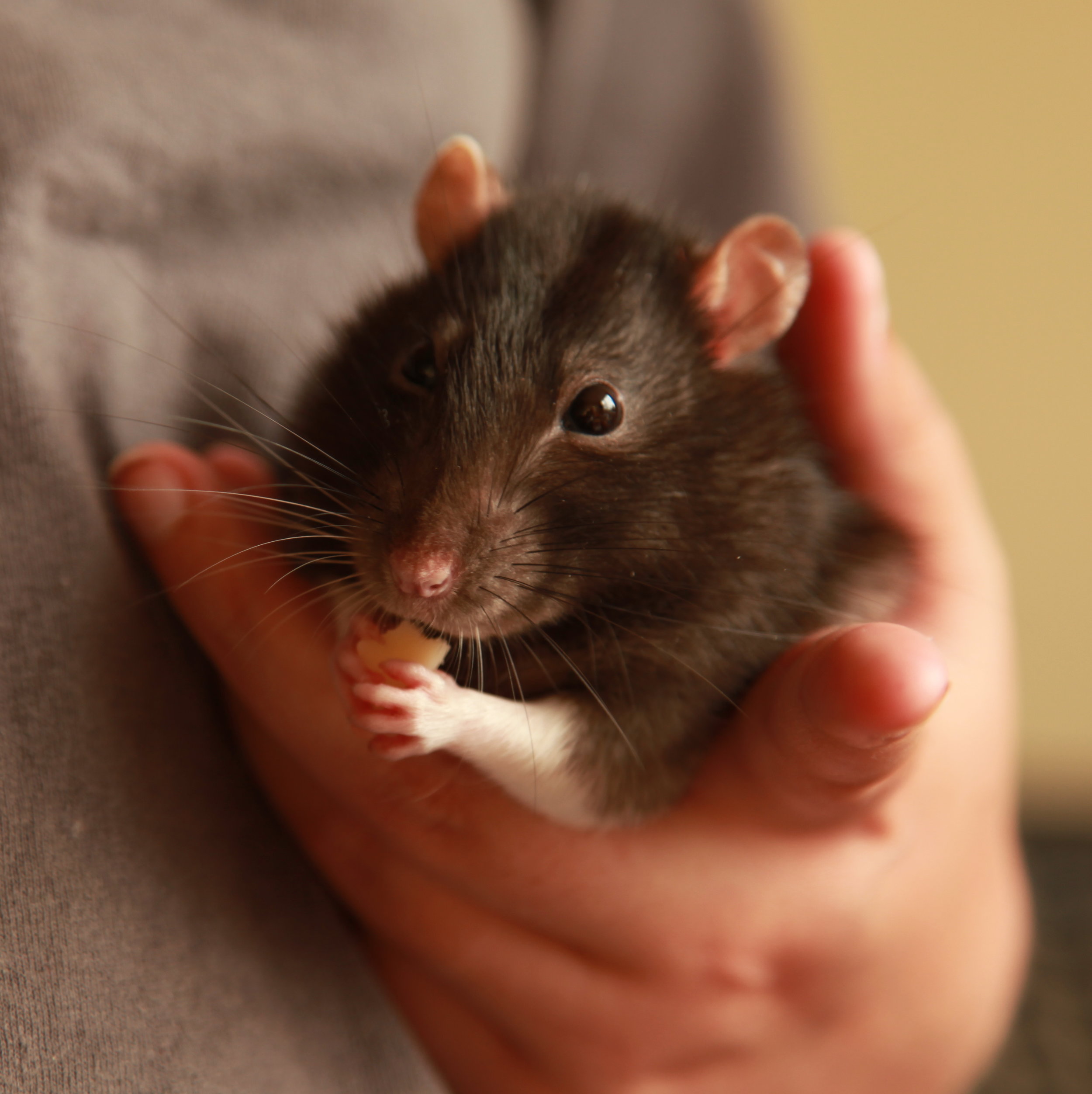This review was commissioned by BooksellersNZ and originally published on their blog The Reader in June 2016
I chose to read and review this book because of its intriguing premise - what if sin were visible? What if, every time you did (or even thought) something ‘bad’, your body emitted smoke?
Dan Vyleta’s new YA novel imagines a Victorian England where smoke has become not just the visual manifestation of sin but a tool of class oppression: upper-class people never smoke, working-class people smoke all the time. Rich people’s white clothing remains white; poor people’s clothing is covered in soot. (The middle classes don’t really appear, apart from the odd mention: “Burghers may smoke, once in a while. One does not expect better of them.”)
I found the premise of human smoke to be utterly fascinating, and a good thing too, because plot- and character-wise Smoke is almost completely run-of-the-mill. Keen YA readers will find all their favourite tropes: young people who have to save the world, a teenage girl torn between two male love interests (one of whom is kind and openly in love with her, and the other of whom is a sexy bad boy whose attentions are more ambiguous), adults who turn out to be untrustworthy and/or dangerous, etc.
Smoke opens in a vicious upper-class boarding school near Oxford where the children of the rich are sent to have the smoke beaten out of them. Our heroes are two schoolboys: Thomas (brooding; dark past; possibly a ‘chosen one’) and Charlie (helpful; kind; faithful companion). They are tortured by an older boy, the prefect Julius (cruel; entitled; arrogant). Over the Christmas hols they’re sent to stay with Thomas’s uncle, Baron Naylor, where they meet the baron’s daughter (the novel’s third protagonist) Livia (pretty, and thus a romantic goal for both Thomas and Charlie; intelligent; self-disciplined to the point of aggravating piousness). Lady Naylor, a scientist and revolutionary, reveals that All Is Not As It Seems, that the aristocrats appear smokeless not because they’re morally superior but because they’ve found a way to game the system, and that the conspiracy to maintain the oppressive status quo goes All The Way To The Top. But can she be trusted? Our heroes must set off on a Quest to Discover the Truth! Etc.
Despite its occasional clunkiness, Smoke is an enjoyable read, with enough mystery and adventure to keep the reader turning pages. Although Vyleta seems to be more concerned with investigating the mechanics and meaning of human smoke than in the readability of his novel, this didn’t bother me, because I too found the whole concept intriguing.
Various adult characters serve as mouthpieces for different ideologies of smoke. The religious interpretation states that smoke is the manifestation of sin, and must be punished. The Enlightenment-inspired philosophers attempt to study smoke in a rational manner: “Every transgression leaves behind its own type of Soot and those versed in such matters can determine the severity of your crime just by studying the stain’s density and grit.” Maybe smoke is the symptom of a disease that science can cure? The Marxist interpretation says that smoke is a tool of class oppression: “Smoking ain’t a sin. It’s a weapon. Toffs use it to keep us down.” The humanist-socialist interpretation says that smoke is a natural expression of passion: “It’s the animal part of us that will not serve.”
At its best, Smoke is a fascinating alternative history that fully explores the central question, what if human bodies smoked? At its worst, it’s a trope-ridden YA novel that doesn’t quite manage to lift itself up from under the layers of plot strands and furious philosophising. An enjoyable light read.















